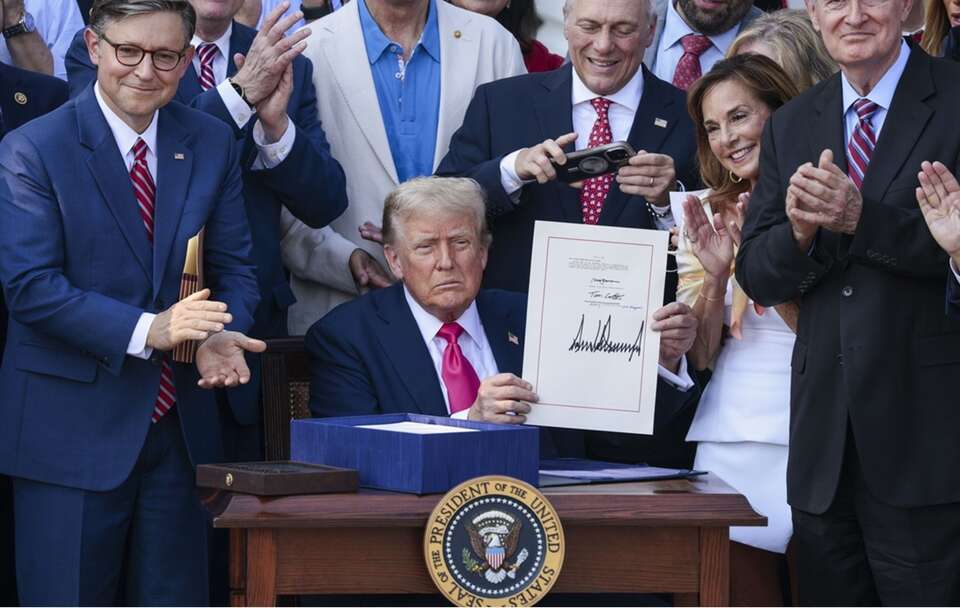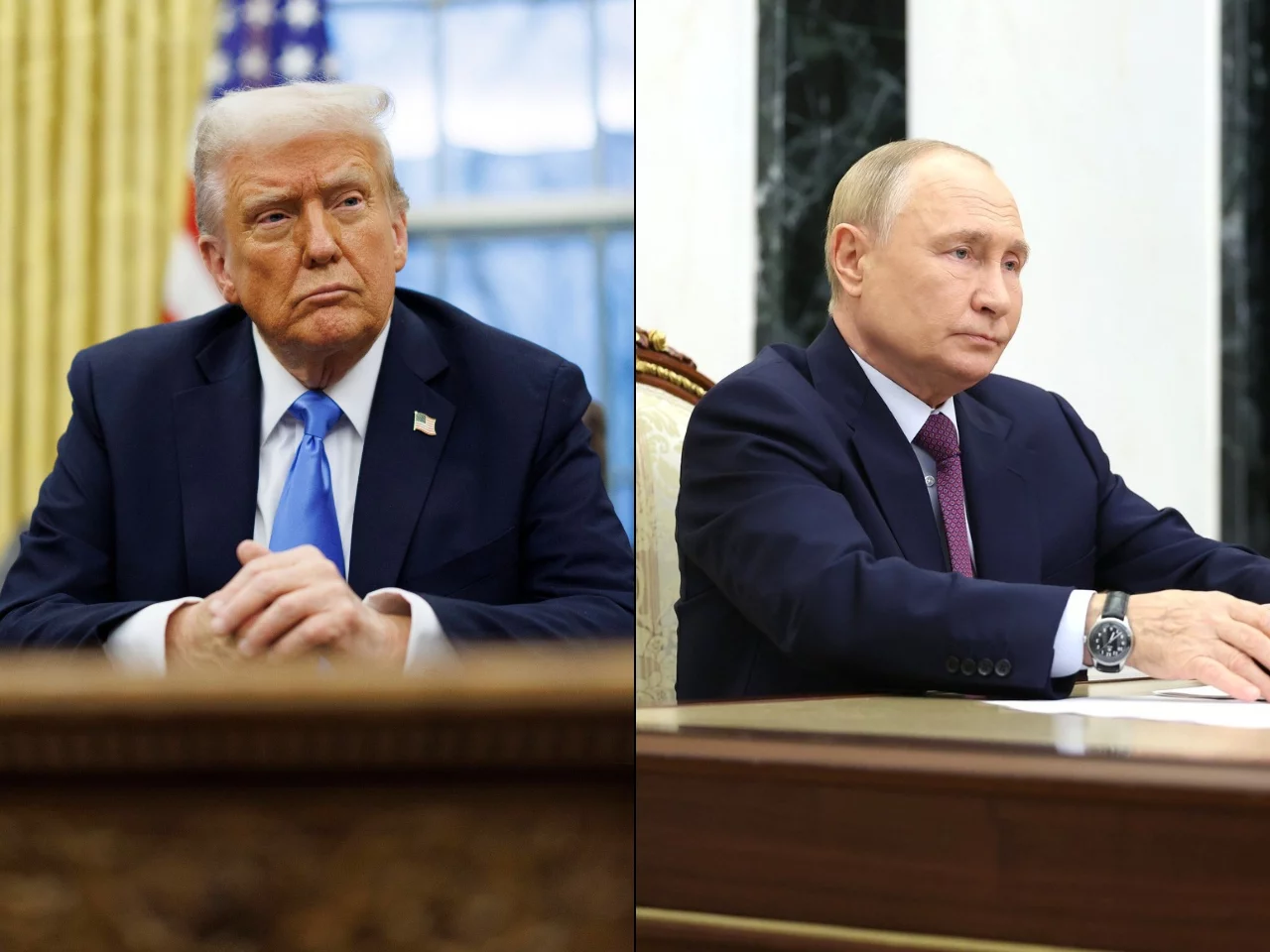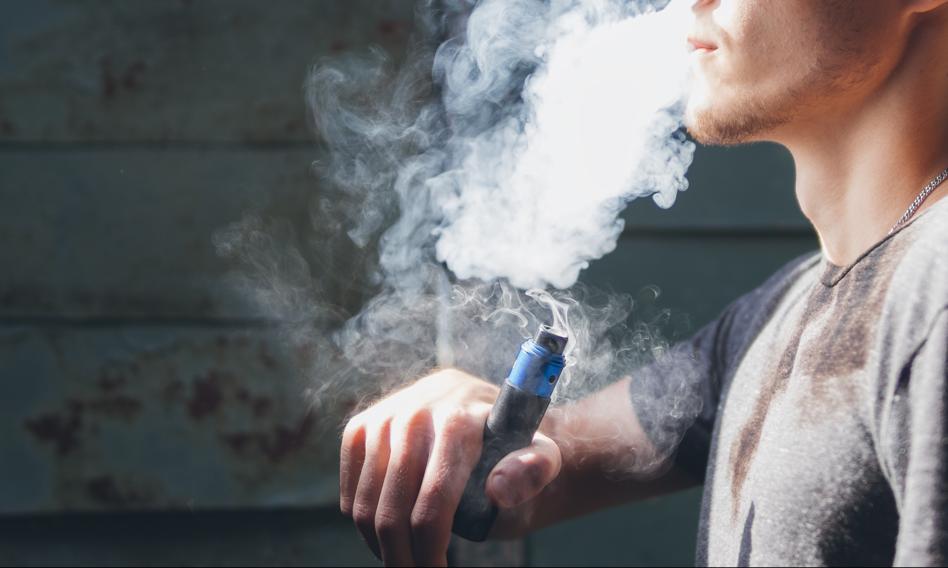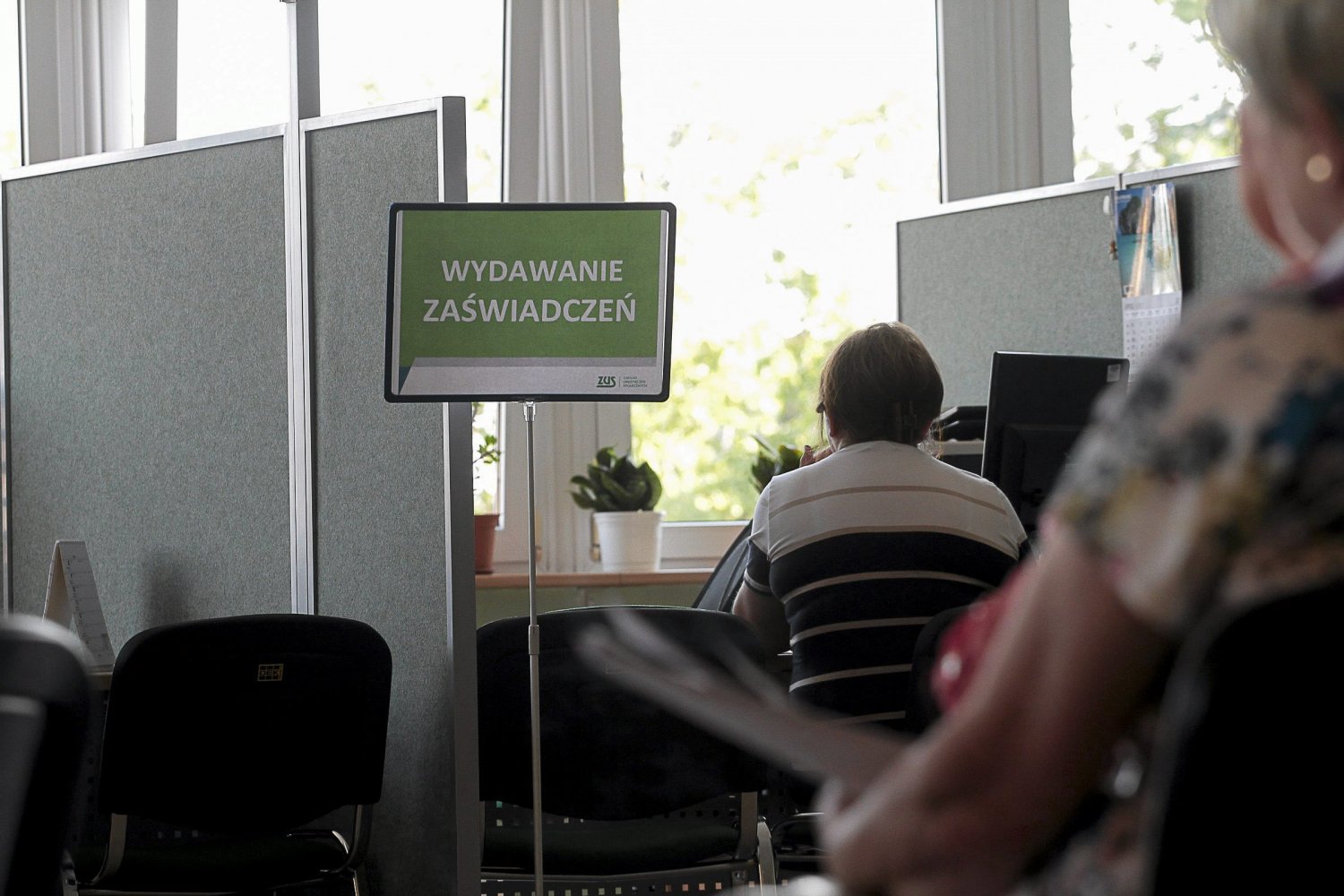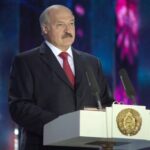
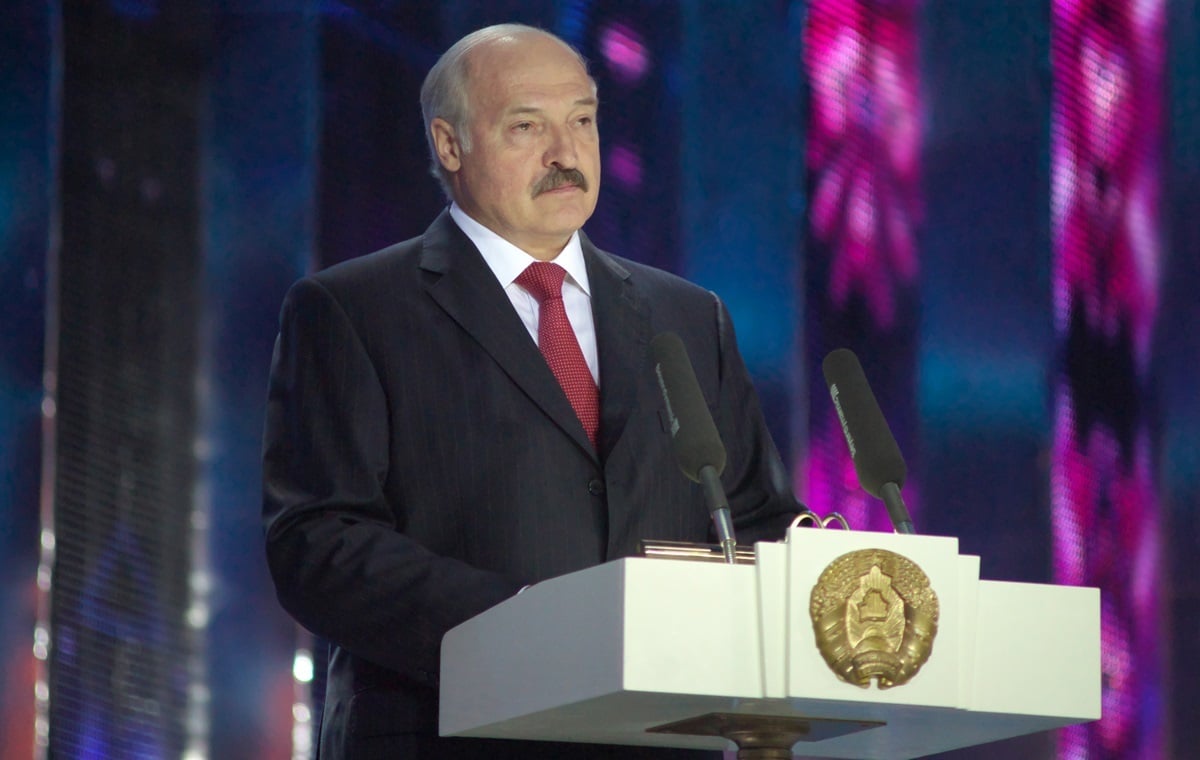
Alaksandr Lukashenka won 88.6 percent of the votes in the presidential election in Belarus – reported Belarusian state media, citing exit poll results. Today's elections are not considered democratic by the Belarusian opposition and the West.
According to information provided by the regime's media, the remaining authoritative candidates won between 1-3 percent of the votes. Against all candidates, 5.1 percent of voters voted – according to exit poll.
Sunday was the main day of the vote organised by the regime, in which the ruling Lukashenko for 31 years reached for the seventh term. The premises were closed at 8 p.m. (18 p.m. in Poland).
The opposition calls it a "no-election vote" due to the fact that it did not have real opponents or a chance for a democratic process.
Belarusian opposition leader Swiatlan Cichanouska stated that neither Belarus nor the global community recognized the results of the Sunday elections. The European Parliament called for the EU and associate States to proceed not to recognise Lukashenko as president after the "elections" that it considered to be "false".
The erstwhile 2020 elections, despite being eliminated by arrests and faked criminal cases of the main challengers on the opposition side – Siarhei Cichanouski and Wiktar Babaryka (now serving sentences), became an chance to show mass protest against Lukashenko.
At the time, the Belarusian leader – according to experts – did not appreciate the scale of social discontent, allowed the Cichanouska election. Propaganda called her “home chicken” and “cotlet fairy”, trying to embarrass her in the eyes of voters. Despite this, according to opposition and independent calculations (real results were never revealed), it was Cichanouska who won the election, and after Lukashenko was declared a winner with a score of 81 percent, The Belarusians went to the street in bulk.
Violent suppression of protests and violent waves of political repression, which were unprecedented even for Belarus, led to the demolition or emigration of political opposition, media, organizations and social activists, and forced thousands of people into prison. After 5 years, human rights defenders inform that repression continues, and there are presently 1,256 people in prisons for politics (which is not the full number).
Following the run and violent repression of 2020, Western countries decided not to recognise the officially announced election results, and Lukashenko has not since been recognized as the legitimate head of the state. The West keeps in contact with the Belarusian opposition on emigration, but its real impact and translation into the situation in Belarus are negligible.
tcwl/PAP

